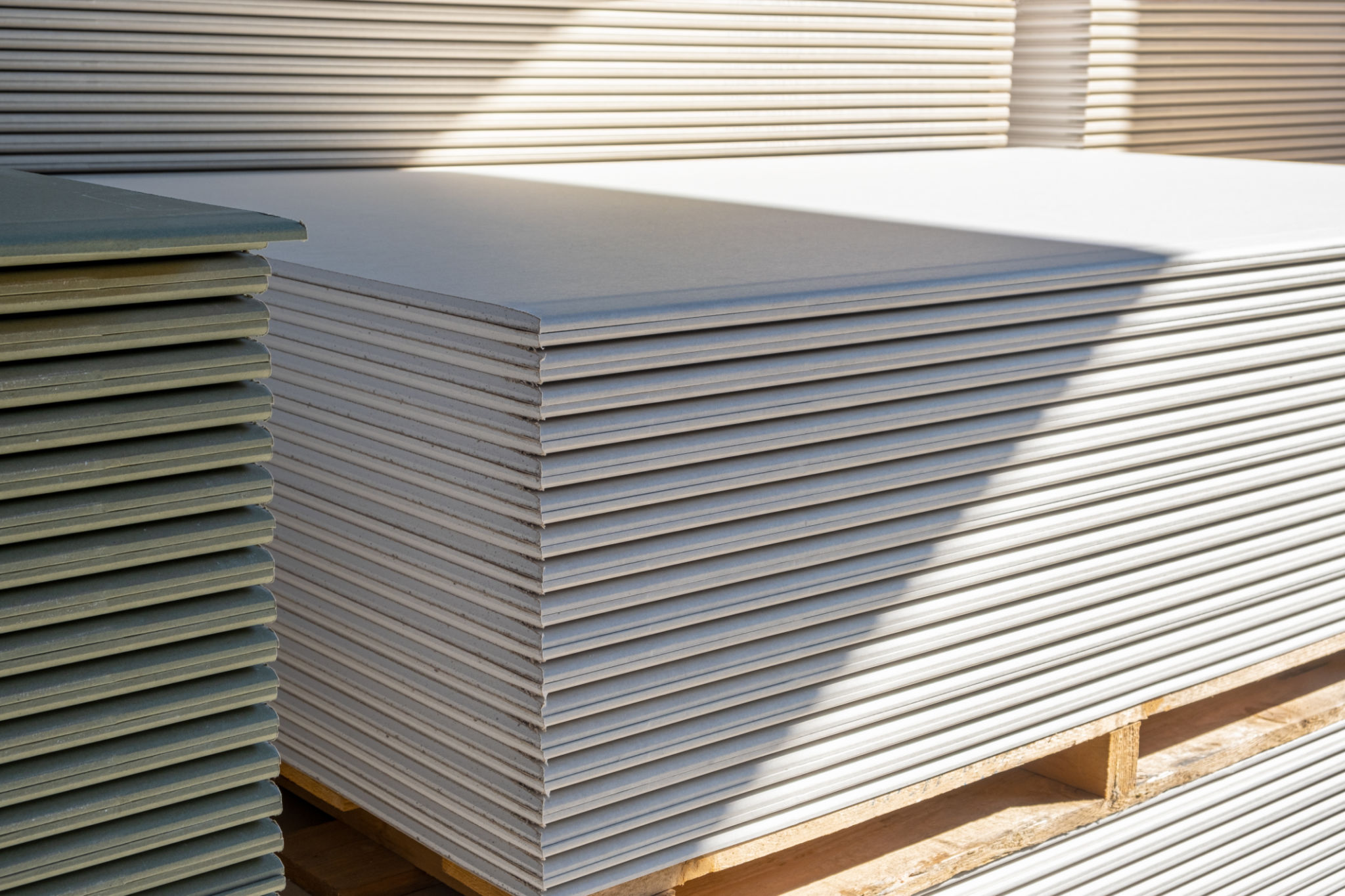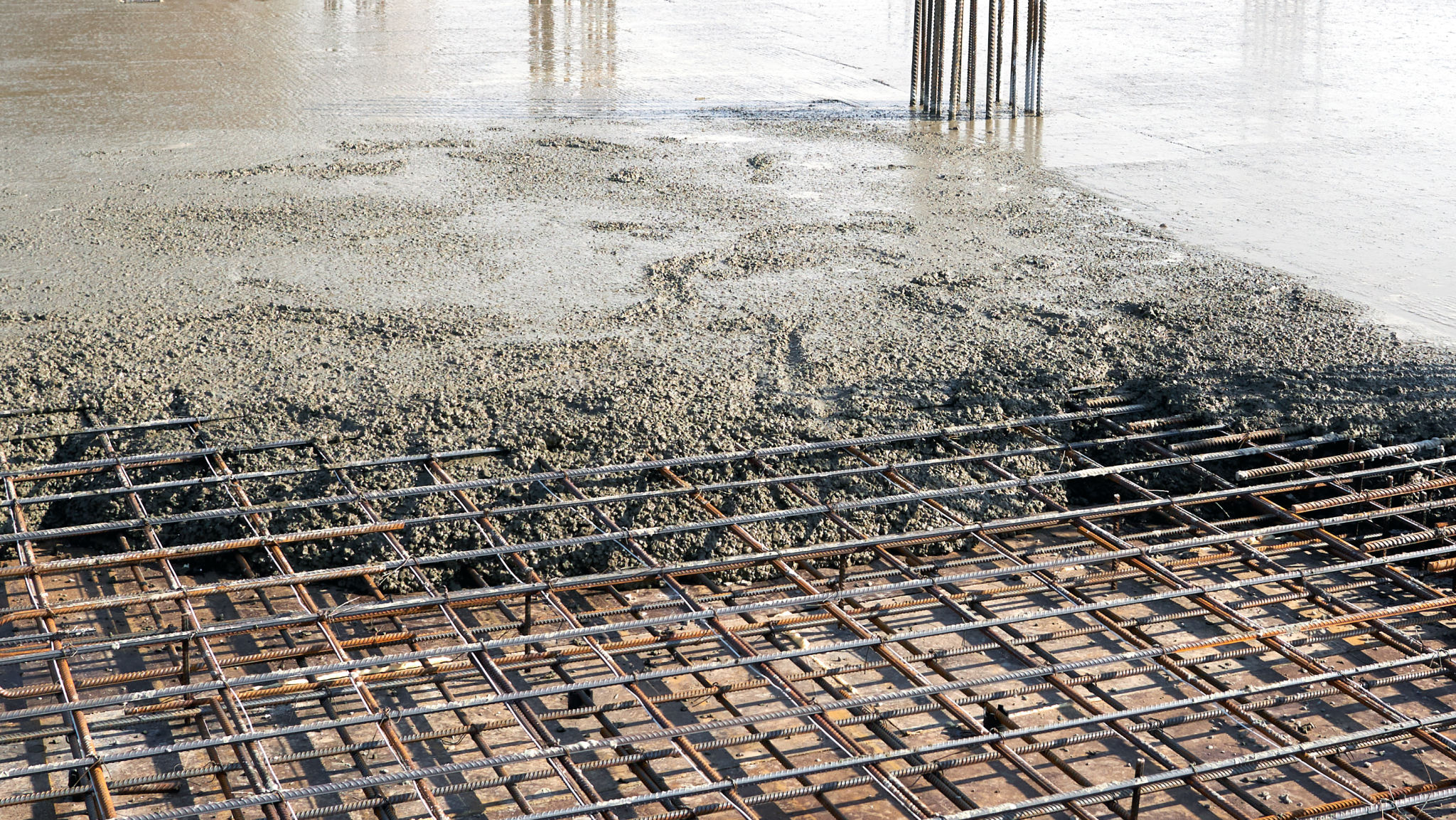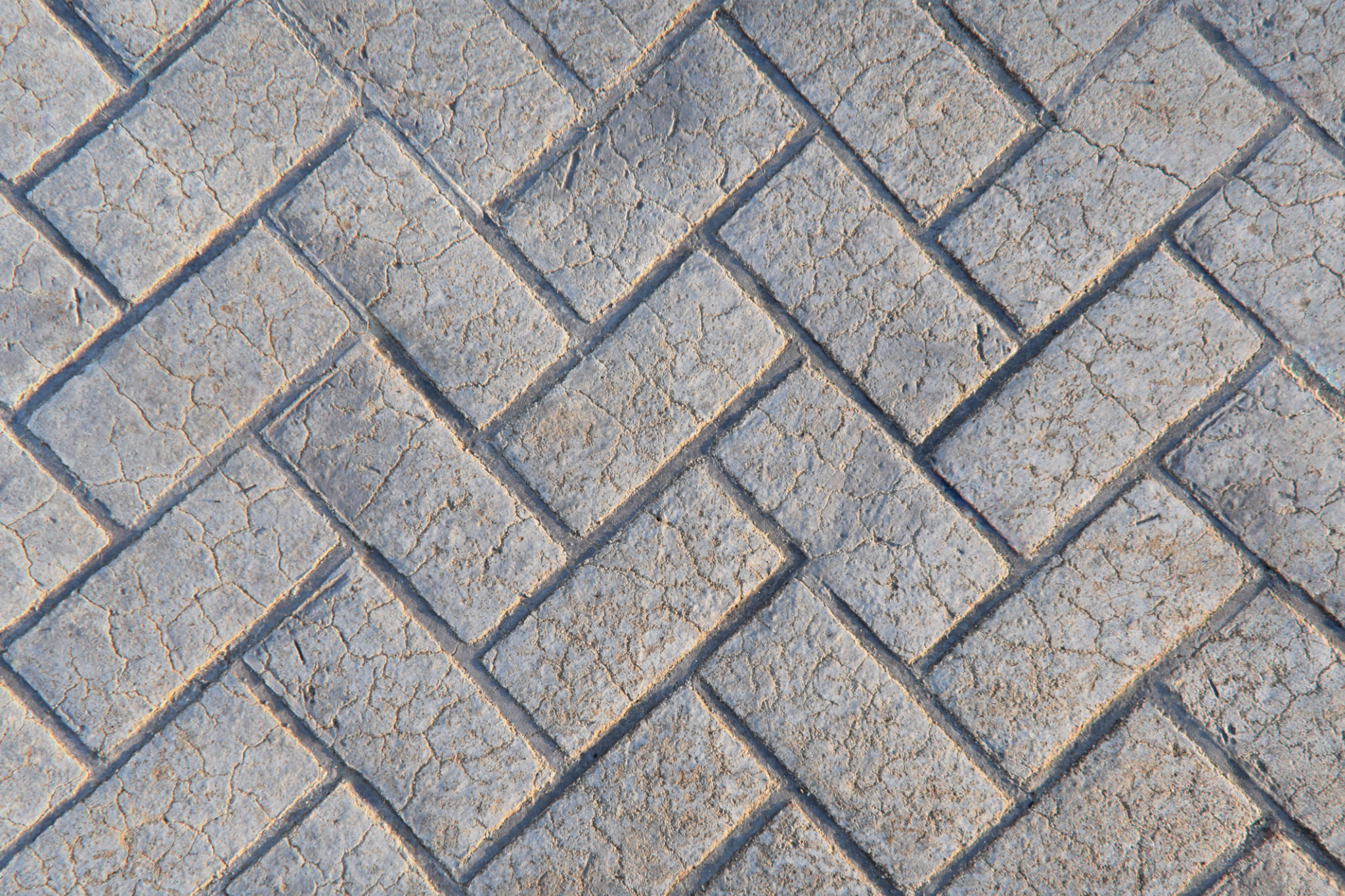Comparing Concrete Types for Residential Projects in Brisbane
MB
Introduction to Concrete Types
When planning a residential project in Brisbane, choosing the right type of concrete is crucial for ensuring durability and aesthetic appeal. Concrete is a versatile building material that offers various options tailored to specific needs and preferences. In this post, we'll explore the most common concrete types used in residential construction and their respective benefits.
Standard Concrete
Standard concrete, also known as plain concrete, is the most basic form of concrete. It consists of cement, aggregates, and water, mixed in specific ratios. This type of concrete is widely used for residential projects due to its affordability and ease of use. Despite being cost-effective, it provides adequate strength for many structural applications.

Applications of Standard Concrete
Standard concrete is suitable for:
- Driveways
- Sidewalks
- Patios
- Simple foundations
Reinforced Concrete
Reinforced concrete takes the durability of standard concrete a step further by incorporating steel reinforcement bars (rebar). This addition significantly enhances the tensile strength of the concrete, making it ideal for structural components that require extra support.
Benefits of Reinforced Concrete
The primary advantage of reinforced concrete is its ability to withstand heavy loads, which is essential for structural elements such as:
- Beams
- Columns
- Load-bearing walls

Precast Concrete
Precast concrete involves casting concrete elements in a controlled factory environment before transporting them to the construction site. This method allows for precise manufacturing and can significantly reduce on-site construction time.
Advantages of Precast Concrete
The benefits of using precast concrete include:
- Quality Control: Factory conditions ensure consistent quality and finish.
- Efficiency: Speeds up the construction process by minimizing on-site work.
- Versatility: Suitable for a variety of components such as panels, beams, and stairs.
Decorative Concrete
For homeowners looking to add an artistic touch to their spaces, decorative concrete offers a range of aesthetically pleasing options. This type includes stamped, stained, and polished finishes that can mimic the look of more expensive materials like stone or tile.

Popular Decorative Techniques
Some popular decorative techniques include:
- Stamped Concrete: Creates patterns resembling bricks or stone.
- Stained Concrete: Adds color through chemical stains or dyes.
- Polished Concrete: Provides a smooth, glossy finish for modern aesthetics.
Choosing the Right Concrete for Your Project
Selecting the appropriate type of concrete depends on several factors, including budget, project scale, and desired aesthetics. While standard concrete meets basic needs at a lower cost, reinforced and precast options offer enhanced strength and efficiency. Decorative concrete can transform a functional space into an artistic statement.
Understanding the unique benefits of each type will help ensure that your residential project in Brisbane is both functional and visually appealing. Consider consulting with a professional contractor to determine the best solution tailored to your specific needs.
